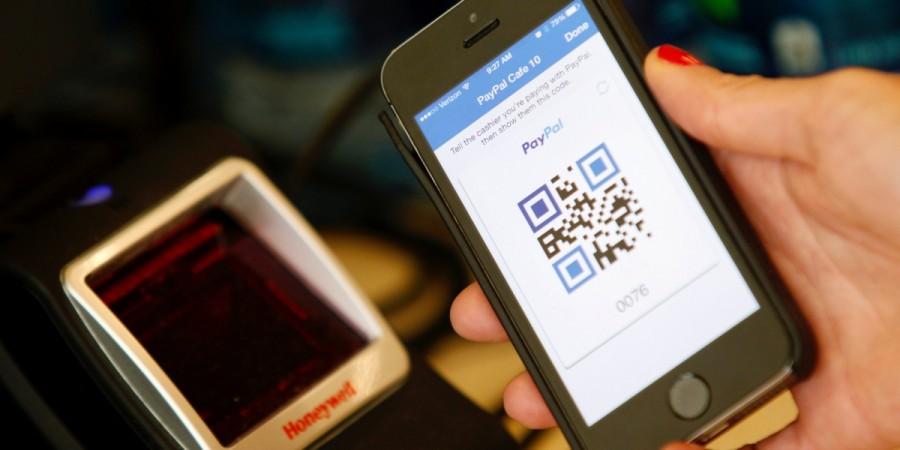
India's overall ranking on the government's adoption of e-payments has moved up to 28th in 2018, from 36th in 2011, but it needs to do more on digital infrastructure access and socio-economic factors, a survey said Wednesday.
The country is taking "rapid strides" in advancing government e-payments capabilities and is one of the top-performing countries in terms of citizen-to-government (C2G), business-to-government (B2G) and government-to-business (G2B) transactions, the survey by The Economist Intelligence Unit commissioned by payments company Visa said.
The country holds the top ranking on B2G and G2B and comes third on C2G jointly with Argentina.
Norway leads the pack in the 73-country ranking, followed by France and Denmark.
The 73-country survey, which was last conducted in 2011, looks at the availability of government electronic transaction services and the underlying environment of mechanisms that support digitization for all transactions in a market, such as policy and infrastructure.
"(India) could further improve its standing by focusing on expanding access to digital infrastructure, investing in socio-economic development, and promoting a healthy, competitive market," the survey said.
India is at the 58th place for digital infrastructure and lags significantly in the development of digital infrastructure and socio-economic conditions, according to the survey.
"Substantial pockets of communities" lack reliable access to the Internet, it said, acknowledging the government efforts to deepen penetration.
The same is also the case with payment acceptance infrastructure, where the country lags behind despite the government efforts.
India is placed 60th among the 73 countries surveyed on socio-economic development, which underscores the need to focus efforts on building awareness for digital payments, as well as its citizens' and businesses' engagement with Internet-enabled services, it said.
The country was also found to be lacking in the policy context, at the 40th rank, the survey said, specifically pointing out that work on protecting intellectual property rights can improve the ranking.
Foreign firms also face restrictions ability to access funding from domestic sources, which could create another barrier to entry, it said.
Without mentioning the specifics, the survey also said that the government incentives on digital payments adoption is restricted to certain specific types of digital payment methods, which limits its efficacy.









